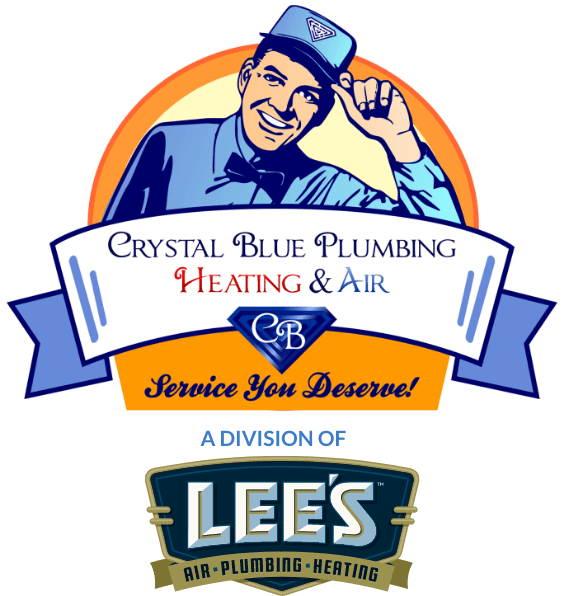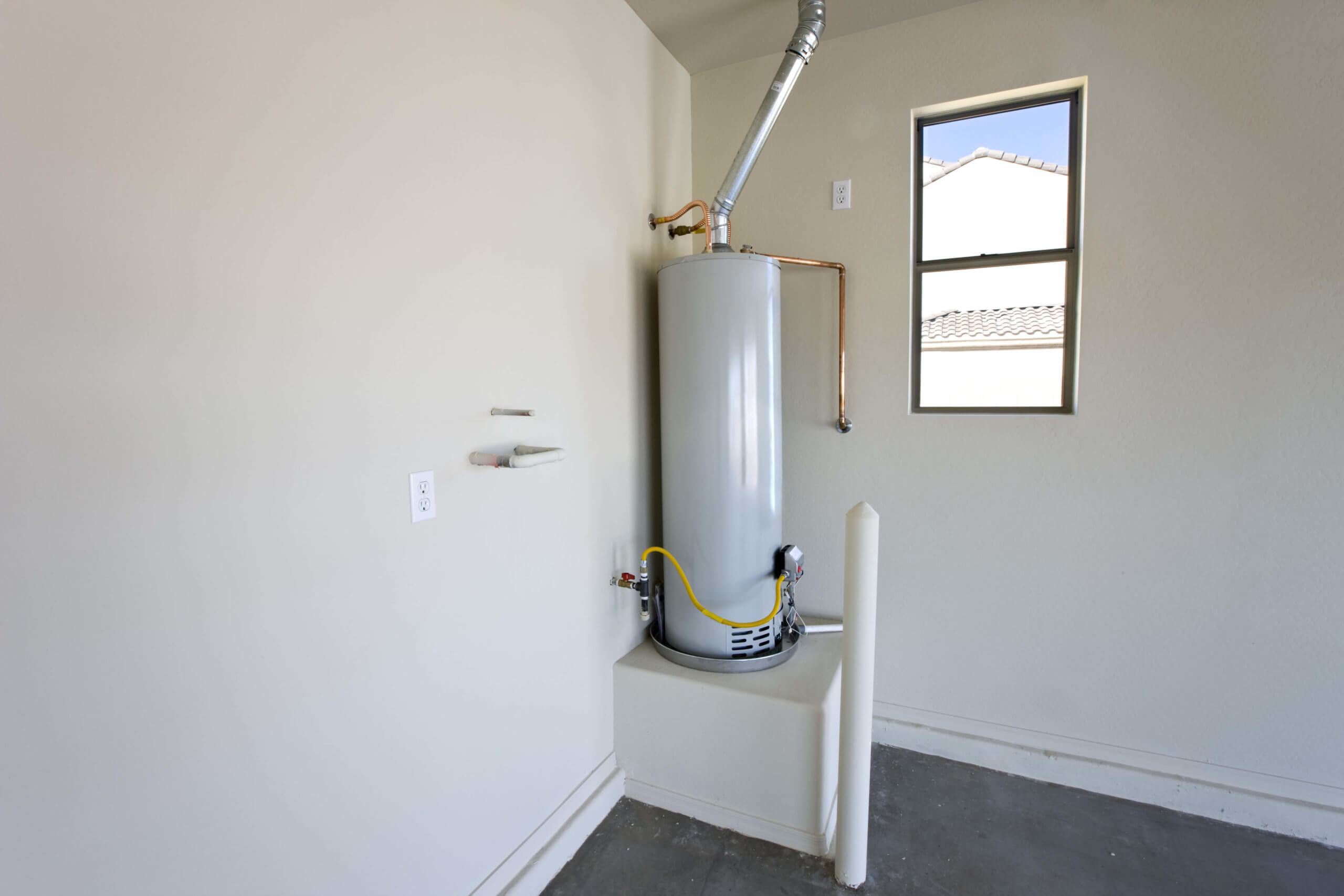What to Consider Before Purchasing a Water Heater
Your water heater isn’t something you think about until you need to. Tucked away in the garage, you just don’t notice it until it stops working and needs to be repaired or replaced. Even if your water heater is still working, it’s a good idea to evaluate older equipment to ensure it’s working efficiently. If your home is older and the water heater hasn’t been replaced in some time, you may be paying more than you need to for hot water. Our new water heater guide will help ensure you’re armed with the knowledge needed to keep the water hot in your home.
When It’s Time For A New Water Heater
You may be tempted to head down to your local big box home center and select a water heater to install yourself. However, there are several reasons this isn’t a good idea. Aside from things that can go awry in the installation process, choosing the right water heater for your home isn’t as easy as it seems. Here are some things to consider:
What Kind Of Water Heater?
You have options, and the type of water heater can make a difference in hot water availability and energy efficiency. Here are the basic types of water heater you may choose from:
- Conventional storage water heaters. This is the kind you are probably most familiar with. It’s the large tank variety found in many homes. These water heaters come in various sizes. If you choose this kind of water heater, it’s important that you get the right one to ensure you have adequate hot water but also save on energy costs.
- Tankless (on demand) water heaters. Heats the water without needing a storage tank.
- Solar water heaters.
- Indirect water heaters.
- Tankless coil water heaters. These water heaters are best suited for a certain climate.
When You Don’t Have The Right Water Heater
If you are using a water heater that isn’t right for your home, you can run into problems. Aside from not having an adequate supply of hot water, you can also lose energy efficiency, resulting in higher utility bills. If your water heater is working too hard, you may need more frequent repairs. In some cases, the wrong water heater can result in contamination. It’s important that you choose a system that is suited to the size of your home and your individual consumption needs.
The Benefits Of Choosing The Right Water Heater
The right water heater will run efficiently. This means your heating bill will be lower, and you will still have enough hot water for showers, dishes, etc. You will have cleaner, healthier water and you will be less likely to run into problems. This means fewer repairs and a water heater that lasts for years.
Features You Should Be Looking For
It’s a good idea to know what to consider before you shop around for your water heater. Our new water heater guide has all of the questions you should ask yourself. What type should you choose? What are the pros and cons and what features are most important to you? It may be that you value an eco-friendly, energy efficient system above all else. If that is the case, you might consider a tankless system, known for efficiency and conservation.
If your household demands a great deal of hot water, then you will be looking for a water heater that provides high output in the most efficient manner possible. You’ll find that your newer water heater will be more efficient than an older model of a similar type. Your current water heater may work just fine for you, but replacing it with a similar model will give efficiency a boost.
Cost is another consideration. The temptation may be to save some money and buy a less expensive model. The problem is that you could end up spending more money in the long run. Repairs and replacement will cancel out your initial savings, making a cheap buy anything but a bargain.
Your fuel type is something else to think about. Energy sources typically used include gas, electricity, propane and solar. You’ll have to do some research to determine whether you should switch from your current fuel type to something else. For example, if your current water heater is an electric one, you may think about switching to gas. Figuring out your annual operation cost as well as the cost to switch from one to another is something you will want to talk to a professional about.
Getting Advice About Your Water Heater
If you are in need of service after reading our new water heater guide, your best bet is to consult Crystal Blue. Hot water is a daily need. It requires equipment that runs reliably and efficiently. Your water heater can cost you a great deal of money each and every year if you make the wrong choice. Talk to someone who knows what they are doing. Getting equipment and installation assistance from a reputable source like Crystal Blue can save money and headaches later on.









